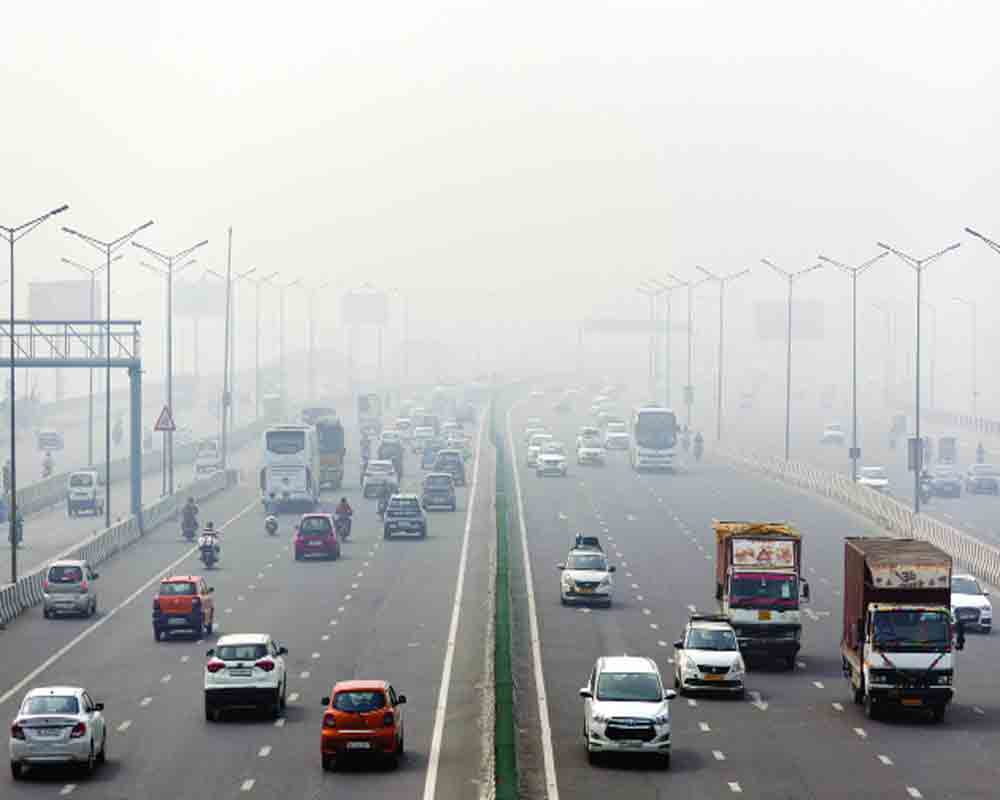Delhi is practically unliveable for humans as air quality index breaches the 460-mark
It is barely winter yet, but Delhi's air has already turned so toxic that it poses a serious health risk for the National Capital Region (NCR) residents. The existing pollution levels may prove even fatal for bronchial patients. Birds and animals, suffering from breathing problems, are being brought to animal hospitals in large numbers. The National Zoological Park is giving its inhabitants diets with multivitamins to mitigate the impact of polluted air. The Capital's air quality index (AQI) has spiked beyond 400, with the recommended figure being less than 50, leading to smog amid a surge in farm fires and unfavourable weather conditions. The concentration of poisonous PM2.5 is over 80 times the WHO limit. The issue primarily stems from a combination of factors, including vehicular emissions, industrial pollution, construction dust and stubble burning. The onset of winter, which traps pollutants in a temperature inversion, only exacerbates it. Delhi's poor air quality has won it the dubious distinction of being the most polluted city in the world. The city is choking, and the lip service by the Centre and Delhi Governments has achieved precious little. Under the Centre's air pollution control plan, all emergency measures, including a ban on polluting trucks, commercial four-wheelers and all types of construction are mandated to be initiated and enforced in the NCR if the AQI crosses the 450-mark.
The AQI in Delhi had already deteriorated from 415 at 4 pm on Saturday to 460 at 7 am on Sunday as toxic haze lingered over the NCR for the sixth consecutive day. Already, all primary schools have been ordered shut till November 10. The worsening crisis is a stark reminder of the misplaced emphasis on procrastination rather than concrete action. It is high time for the authorities to recognise the gravity of the situation as their constituents endure the consequences of Delhi's alarming descent into the world's most polluted city. It is not only a matter of environmental concern but a public health emergency in NCR as Ghaziabad (410), Gurugram (441), Noida (436), Greater Noida (467) and Faridabad (461) have also reported very poor air quality. The hazardous pollution levels have compelled many to forgo their morning walks, sports and other outdoor activities. Parents are concerned as health experts say children breathe faster, taking in more pollutants. Indeed to close primary schools, by the government, is a step in the right directions but still it would have a debilitating effect on them. So far, almost non-existent efforts have been made to create awareness about the harmful effects of air pollution and the steps citizens can take to protect themselves and reduce their carbon footprint. Initiatives such as tree planting drives, car pooling and waste reduction can make a significant impact when adopted on a large scale. So when are we going to start?


























